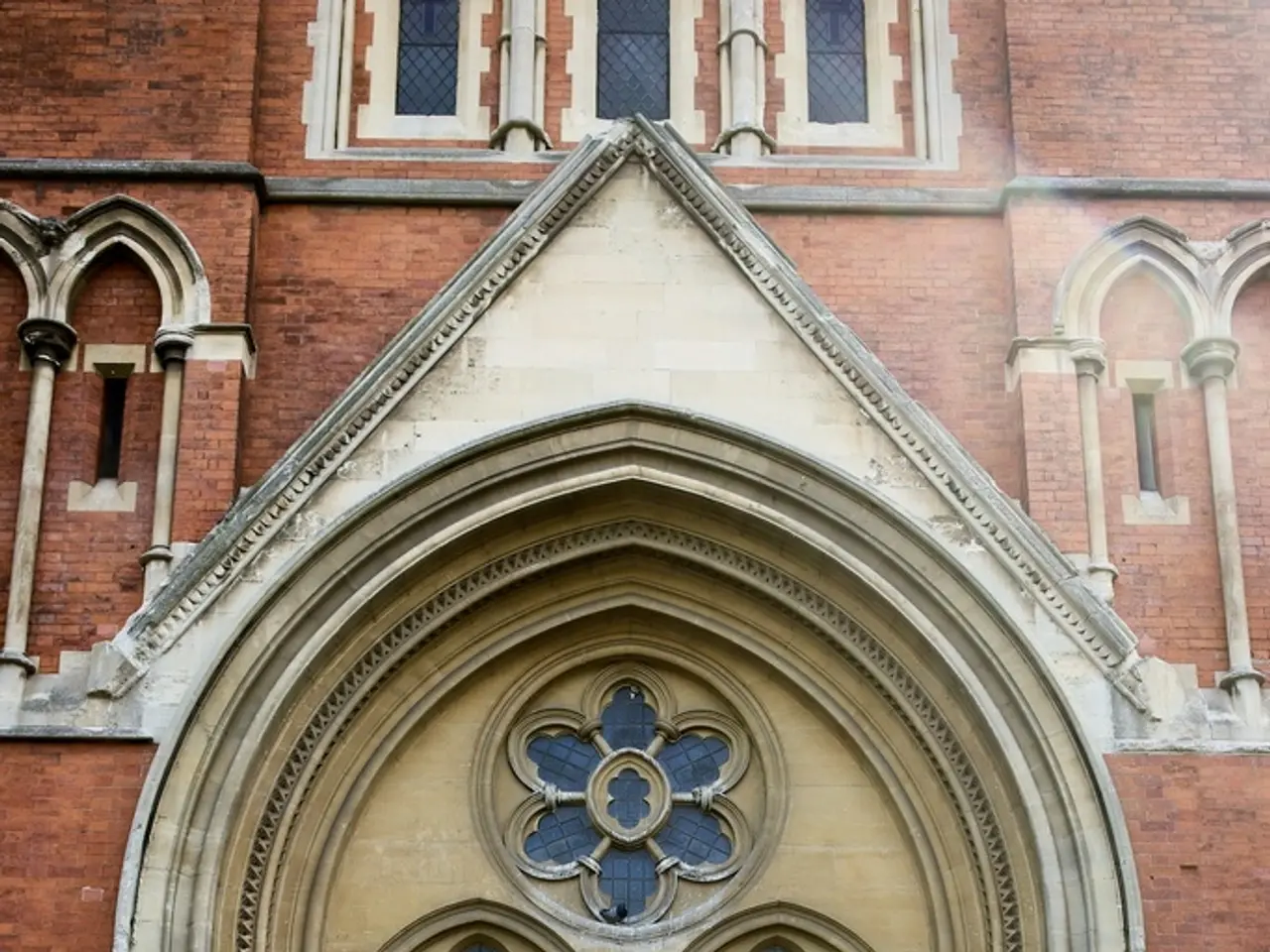Scholars Reassess Richard Hooker's Influence and Audience
Scholars are reassessing the works and influence of Richard Hooker, a key figure in Anglican theology. Recent studies challenge long-held views about his audience and the impact of his writings.
Daniel F. Graves has reevaluated Izaak Walton's biography of Hooker, suggesting it deserves more serious consideration. Meanwhile, Rudolph P. Almasy has shed new light on Hooker's target audience. He argues that 'Of the Laws of Ecclesiastical Polity' was not just for the clergy, but also for educated laypeople involved in religious debates during the late Elizabethan period.
Travis J. Knapp has traced the changing use of the phrase 'in the beauty of holiness' in Laudian and anti-Laudian liturgies. This linguistic evolution offers insights into the religious climate of the time. The journal Anglican and Episcopal History has published book reviews on recent works related to Hooker and his era, further enriching our understanding.
David B. Alenskis has compared Martin Bucer's and Hooker's interpretations of Ephesians 4:18, highlighting the intellectual dialogue among theologians of the period. Hannah Wygiera, on the other hand, has delved into English Catholics' perspectives on Elizabethan treason laws, providing a broader context for Hooker's works.
These studies collectively challenge and expand our understanding of Richard Hooker's audience, influence, and the intellectual climate of his time. They underscore the enduring relevance of Hooker's thought in Anglican theology and religious history.




